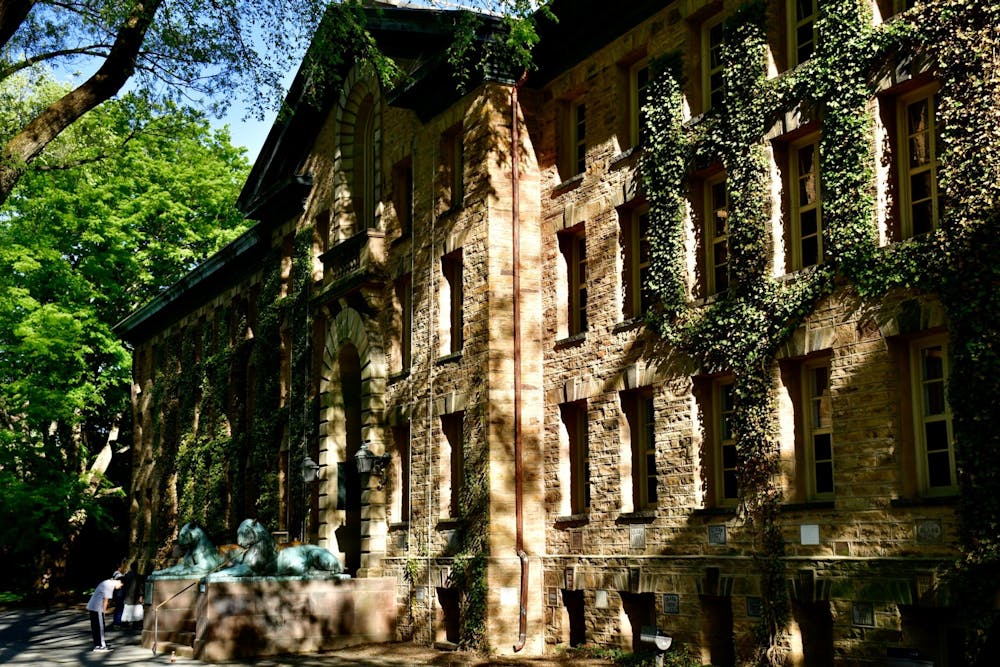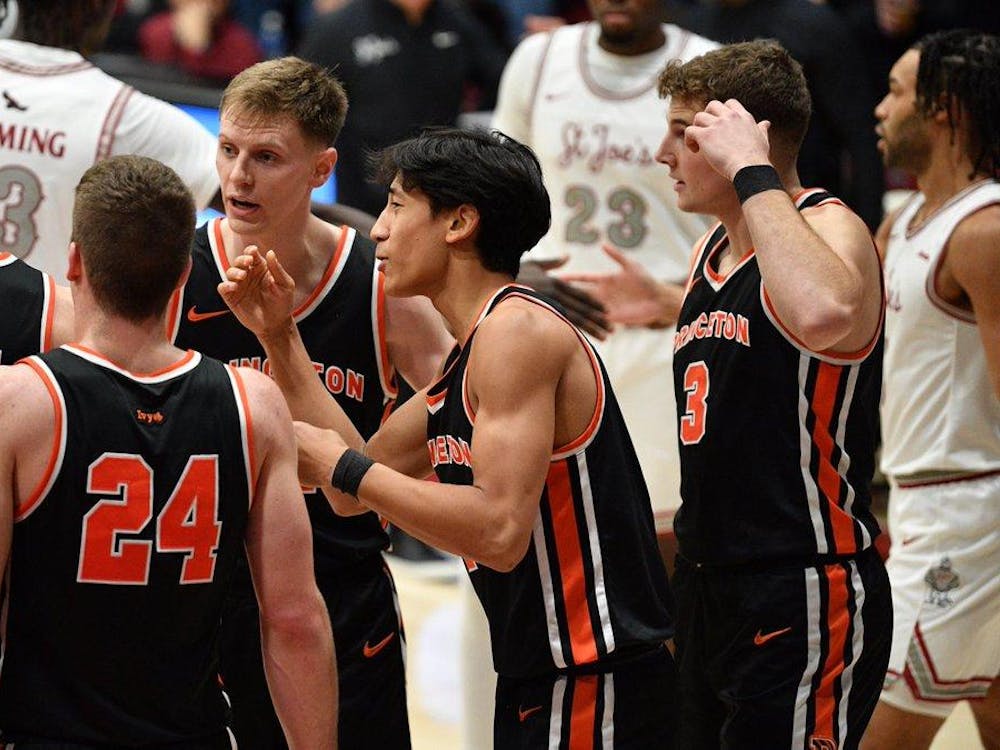“Where are you from?”
This is a simple and unloaded question for most, but it registers differently for myself, as well as for others who are the descendants of enslaved Africans in the United States. Usually, when a Black person at Princeton asks you where you are from, they expect you to define your ethnicity. They want to know if you are Nigerian, Ghanian, Jamaican, etc. Unfortunately, Generational African American students don’t have a nation to claim aside from the United States. As far as we, GAAs, know, American is the only answer we know to give.
When I was first asked where I was from, I was taken aback. My response of “Englewood, New Jersey” did not suffice.
In the town I grew up in, almost all Black people were Generational African Americans — a term coined by Reverend Isaiah Webb, the grandfather of one of the founders of The Generational African American Students Association of Harvard University, Samantha O’Sullivan. According to O’Sullivan, Generational African American “implies descendants of enslaved people without having to have that in the name,” which is incredibly powerful.
Myself and my fellow Generational African Americans in Englewood all shared the common experience of having our heritage and direct connection to the continent of Africa be stolen from us, via the atrocity that is the Trans Atlantic Slave Trade. Because of this, we were all “just Black.” There was never a need to define ourselves further. We didn’t know how to define ourselves beyond our blackness.
Upon arriving at Princeton and immersing myself within the Black community, I quickly noticed how different it was from my community back home. In contrast with Englewood, the Black people at Princeton could define themselves beyond being “just Black.” They had direct ties to countries within the continent of Africa and to countries in the Caribbean. To supplement this dichotomy, the number of Generational African Americans at Princeton was much lower than the number back home — a trend identified in selective universities across the country. According to a 2007 study in the American Journal of Education published by three Princeton University professors, both present and former, 41 percent of Black first-year students attending Ivy League schools were immigrants or the children of immigrants. A leader of Princeton’s Black Alumni Association once told me that they estimate that there are around 12 Generational African Americans per class at Princeton.
Although the University does not have any official statistics regarding the ethnic breakdown of its Black classes, the limited studies available combined with anecdotal accounts offer an explanation for the feelings of isolation many Generational African Americans experience at Princeton.
We cannot fully be included in events that ask us to wear cultural attire. We don’t have a widely recognized flag or ethnic identity to lay claim to. We don’t even have a consensus on what we should call ourselves. All of these factors greatly contribute to a sense of isolation many feel from the broader Black Princeton community.
All of the reasons indicated above showcase why I wanted to create the Generational African American Students Association (GAASA) at Princeton. The mission of GAASA is to cultivate a sense of community among African-American students on Princeton’s campus, as well as to celebrate the beauty of African-American culture and identity.
When the organization was first created, many people asked the question: Why do we need GAASA if we have a Black Student Union (BSU)? Claudacia Clemmons ’25, secretary of GAASA, summarized our sentiments perfectly: “I think the question itself is rooted in the stereotype Black people are a monolith, and we are far from it. We have so many rich and diverse cultures that are all worth celebrating and uplifting. By virtue of attending Princeton I have a unique opportunity that none of my enslaved ancestors were able to have. I am the voice for my ancestors and elders who fought so hard for me to be in this position, and I want to ensure that the African American experience and culture is heard, respected, and celebrated on campus and beyond.”
With GAASA, we hope not to promote disunity among the Black community at the University. Instead, we hope to uplift Generational African American students through a celebration of our rich history and culture. We will strive to do this in a way that encourages solidarity among all individuals of African descent on campus, which will allow us to conceptualize our shared struggles and joys.
While the institution of slavery has had drastic implications on the livelihoods of its descendants, the afterlife of slavery has also left behind a beautiful group of people who deserve the world and everything it has to offer. Generational African Americans deserve to take up space on Princeton’s campus, and GAASA is that space.

Christopher Butcher is a sophomore from Englewood, N.J. He can be reached at cb2301@princeton.edu.








